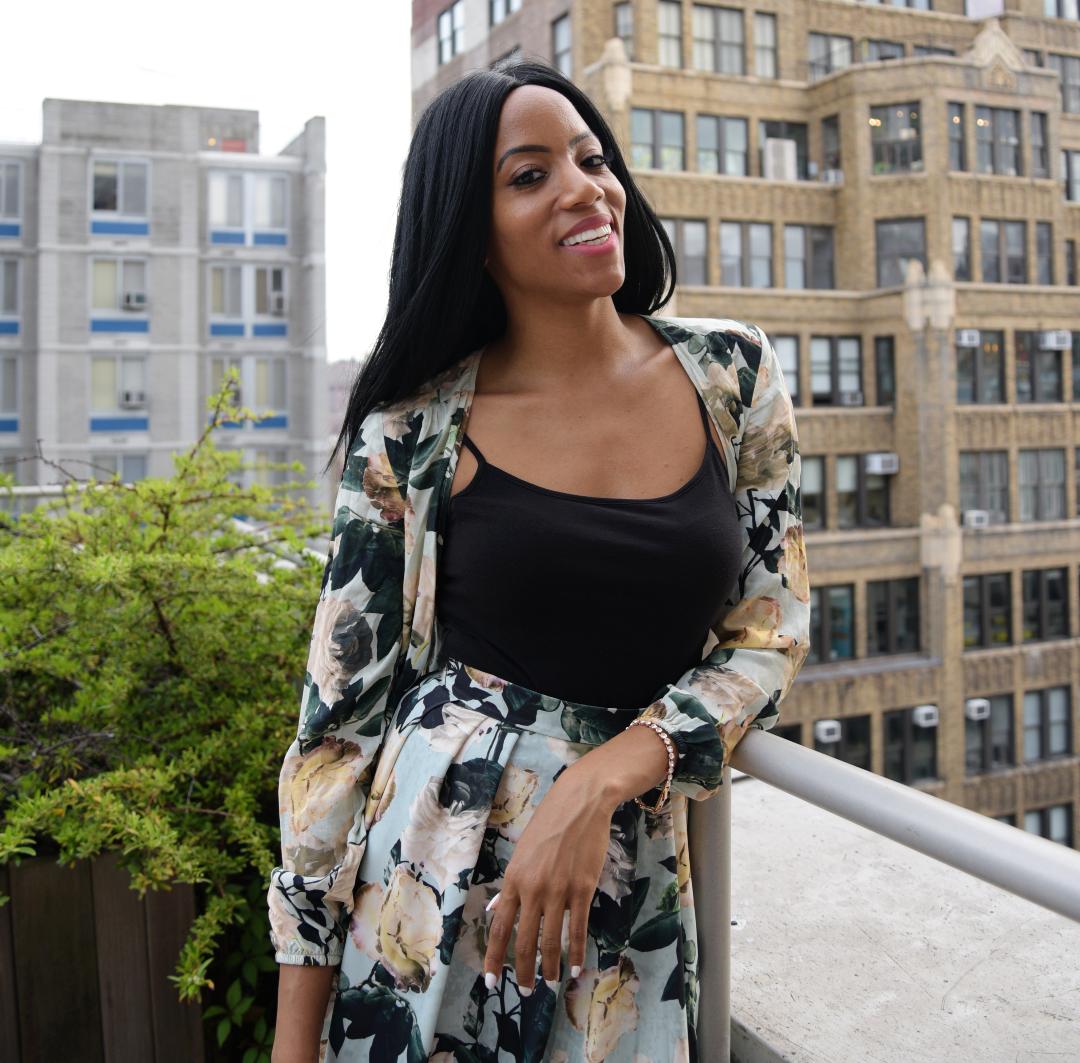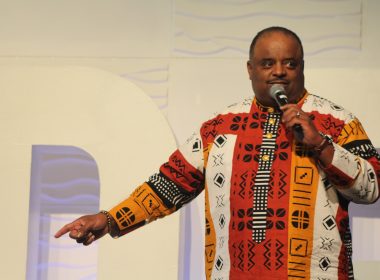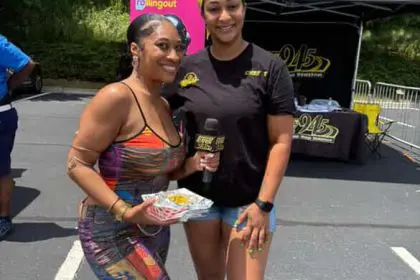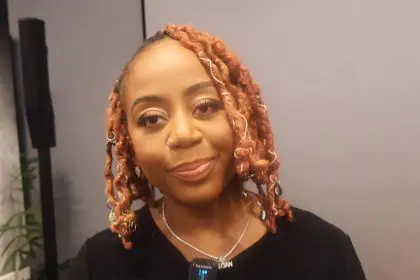
This comment is not meant to be a generalization. However, in this writer’s humble opinion, African Americans, no matter where we are; what we are doing; or what we are saying; are some of the most expressive people alive. That is why other cultures feel it is “OK” to borrow ideas from us — otherwise known as cultural appropriation. This is particularly true when it comes to fashion. I have a habit of reading the New York Times’ Styles section on Thursdays and happened upon a profile of Dawnn Karen. Karen is a fashion psychologist; she delves into why we wear what we wear and how it makes us feel. After reading the piece I emailed her website about an interview for rolling out and she responded and here we are.
It’s fair to say you are a pioneer in the study of clothes and psychology. How many “fashion psychologists” are there and how do people find them?
Similar to fashion blogging and fashion selling, I remember when fashion blogging emerged everyone began calling themselves a “fashion blogger.” So, I must contend with that because suddenly several people want to call themselves “fashion psychologists.” I do have colleagues, I can say, at the London College of Fashion, but they do not refer to themselves as fashion psychologists.
Why would people or a company seek out your services and what is their ROI?
Clients seek me out similarly the way [they do] a stylist or an image consultant, but it is more in-depth. When you have sessions with your therapist; you usually keep your therapist separate from your stylist or personal shopper. I am all-in-one. People are seeking to get to the root of why they wear what they wear. Specifically, how their past of current issues influence what they wear.
What is the correlation you have found between how we dress and how we look and feel in clothing choices?
Sometimes people are on auto-pilot so they are not aware of what is happening below their awareness. You may not understand why you feel uncomfortable in the suit you must wear every day. My goal is how do I get you to dress the way you feel? Most of the time people feel anxious. They may not want to wear a particular outfit and often believe they have nothing to wear. Is it that you truly have nothing to wear or you do not want to wear that particular outfit because there is something going on unconsciously? I am all for bringing that to the surface and relating that to why you wear what you wear.
How would you say your work has contributed to the field of psychology?
There are a group of people in the psychology field that do not accept fashion psychology. Then there is another group that totally gets it. It is about half and half. I am adding a discipline in the psychology field. There are so many students that tell me,“I love psychology, but I never could find something that fully captures my interest. Then, here comes fashion psychology field. It makes fashion smart without using technology.
What observations have you been able to make about how we look in our clothes? And particularly people of color?
We are one of the most expressive set of humans on this planet. You can tell what we are going through or what we are not going through by what we wear. Expressive meaning there is more to mood enhancement theory that I came up with to optimize your mood. We do that a lot. We use clothing to uplift us.
How did you get into the field?
It happened by accident; half of my major was in fashion, half of it was in psychology. I was working as a model. I was a fashion public relations girl while studying counseling psychology at Teachers College, Columbia University. I went through a traumatic experience and instead of wearing what I had gone through; I dressed up to make myself feel better. My program, at the time, advised me to take some time off. I started doing some research and found work by Harvard professor William James and expanded on his 19th-century research.










